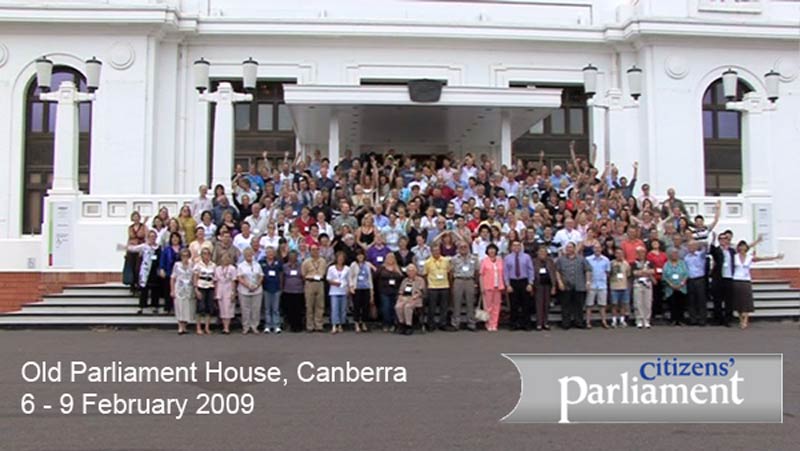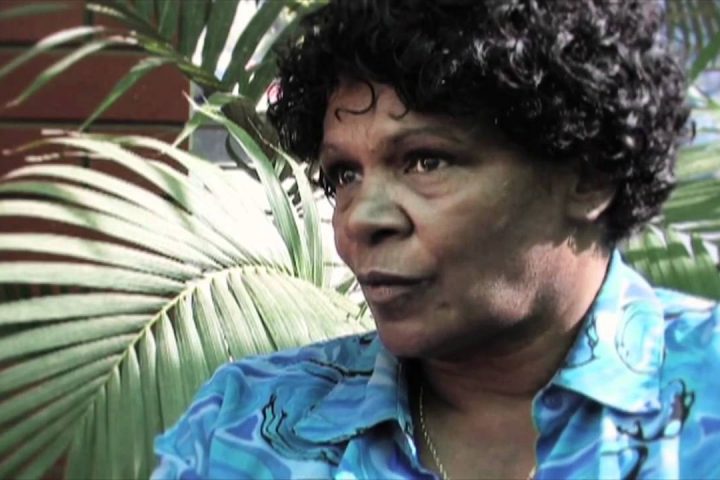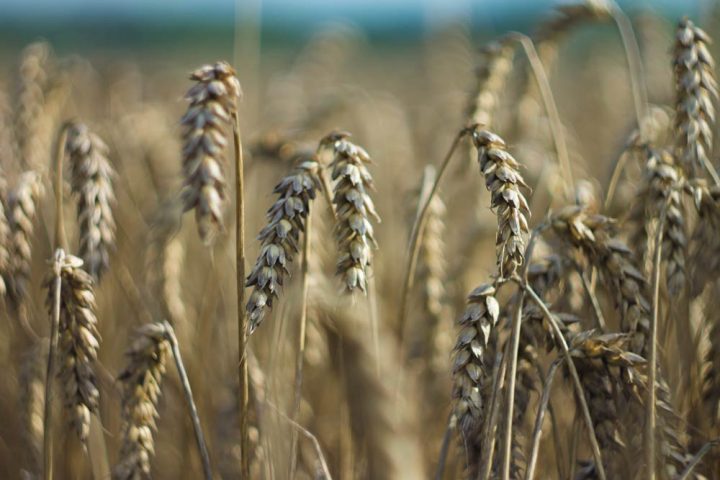This was Australia’s largest deliberative event, convened on the topic of democratic reform – asking the question how Australia’s political system could be strengthened to serve us better. It brought together a representative sample of Australia drawn from each of our 150 electorates.
The project was funded by the newDemocracy Foundation with the support of the Australian Research Council.
This is a great example of what an Australian sample population would look like, and a proof point as to the difference in tone and productivity of discussion. People who today are not considered as candidates by any party showed capacity for engaging in a complex issue.
The group identified 6 key reform areas (the full report is attached), among them calls for reduced duplication between levels of government and across state boundaries, and inclusion of a process of redress for broken political promises – areas very rarely explored in parliament today.
We suggest the video material is of most value to the reader, as it offers a ‘live’ look at the capacity of randomly-drawn groups in comparison with traditional elected representatives.
Further Reading:
- The Parliamentary Record (John Dryzek)
- A Facilitators View

- Final Report

- Citizens Parliament Handbook
 + Appendices
+ Appendices 
Video
John Dryzek on the Australian Citizens Parliament (VIDEO). HERE
DELIBERATION NATION
The documentary, titled ‘Deliberation Nation’, follows some of the participants and their journey of highs and lows through the Citizens’ Parliament event, revealing the intensity of deliberations that took place during the process, as participants grapple with complex issues of nationhood and how the Australian democracy could be made better. The documentary ends in an emotional and moving climax with the members of the Citizens’ Parliament delivering their key findings. The process of the Citizens’ Parliament is highlighted as a resilient process of random selection, bringing together a diverse cross section of everyday citizens to share their knowledge and expertise.
Associate Professor Kaye Shumack
School of Humanities and Communication Arts
University of Western Sydney



